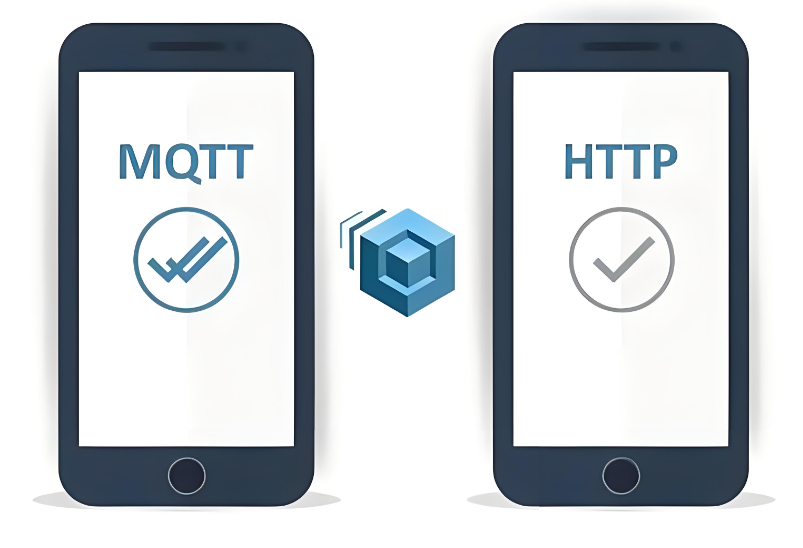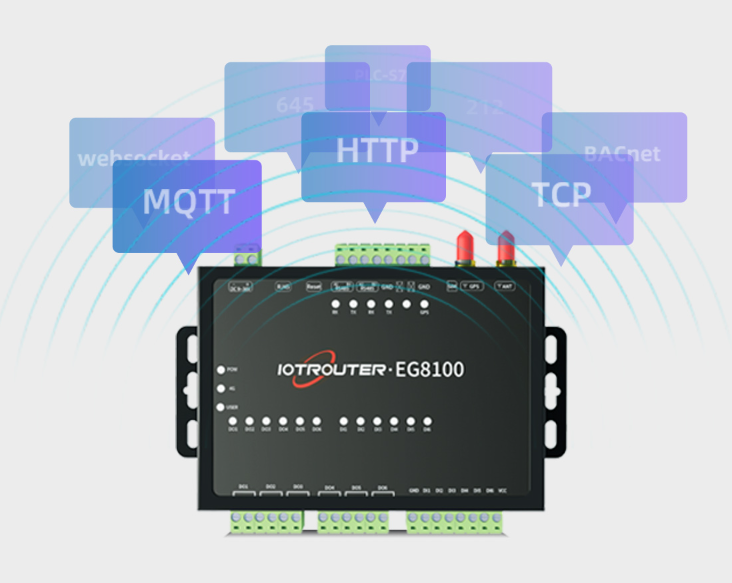The Internet of Things (IoT) has brought about a surge in the use of communication protocols, with MQTT and HTTP being two of the most commonly used ones. This article aims to provide a comparative analysis of MQTT and HTTP, highlighting their respective characteristics and advantages.
MQTT: Message Queuing Telemetry Transport
MQTT, created by Andy Standford-Clark and Arlen Nipper, is an IoT interaction protocol based on the Publish/Subscribe model. This model is simple and provides support for Quality of Service (QoS). MQTT has many features as it operates over TCP and uses SSL/TLS for security. For messaging between servers, it uses commands like CONNECT, PUBLISH, SUBSCRIBE, DISCONNECT, etc.
Characteristics and Advantages of MQTT:
– MQTT works on a publish/subscribe model, which allows easy addition of more consumers and producers of data.
– It has less complexity compared to HTTP.
– The message size generated is less as it uses binary format.
– It provides data security with SSL/TLS.
– MQTT allows messages to pass in both directions between clients and servers.
– MQTT is better for small messages and improves power usage, making it ideal for battery-powered nodes.
HTTP: Hyper Text Transfer Protocol
HTTP is used by the World Wide Web (WWW) for defining how its messages are going to be transmitted and formatted. When a URL is entered into the browser, HTTP sends a request to the server and then a response is sent back to the browser. HTTP is also responsible for the controlling of webpages on the World Wide Web for their formatting and representation.
Characteristics and Advantages of HTTP:
– HTTP operates on a request/response model.
– It runs over Transmission Control Protocol (TCP) and can also be adapted to User Datagram Protocol.
– HTTP deals with requests one at a time, with overhead such as authentication being carried out each time.
– HTTP is useful in gateways to transfer all the information at once, instead of sending many messages.
– HTTP is more suitable for data blocks.
Conclusion
In conclusion, both MQTT and HTTP have their unique characteristics and advantages, making them suitable for different scenarios. MQTT, with its less complexity and lower power usage, is ideal for IoT devices, especially those that are battery-powered. On the other hand, HTTP, with its request/response model and ability to handle data blocks, is more suitable for web-based applications. The choice between MQTT and HTTP would depend on the specific requirements of the IoT project..


